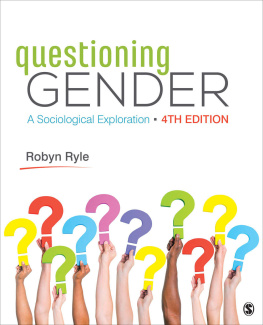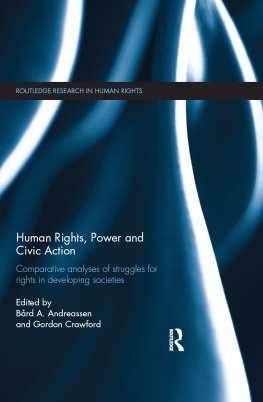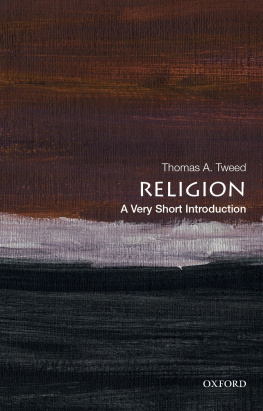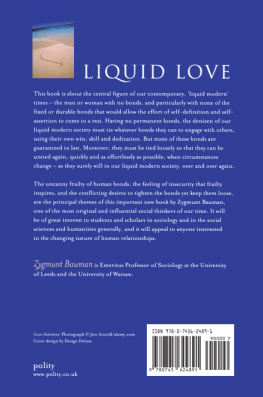Contents
Guide
Pages

Political Sociology series
William T. Armaline, Davita Silfen Glasberg, and Bandana Purkayastha, The Human Rights Enterprise: Political Sociology, State Power, and Social Movements
Daniel Bland, What is Social Policy?
Understanding the Welfare State
Cedric de Leon, Party & Society: Reconstructing a Sociology of Democratic Party Politics
Miguel A. Centeno and Elaine Enriquez, War & Society
Nina Eliasoph, The Politics of Volunteering
Hank Johnston, States & Social Movements
Richard Lachmann, States and Power
Sinia Maleevi, Nation-States and Nationalisms: Organization, Ideology and Solidarity
Andrew J. Perrin, American Democracy: From Tocqueville to Town Halls to Twitter
John Stone and Polly Rizova, Racial Conflict in Global Society
War & Society
Miguel A. Centeno
Elaine Enriquez
polity
Copyright Miguel A. Centeno and Elaine Enriquez 2016
The right of Miguel A. Centeno and Elaine Enriquez to be identified as Authors of this Work has been asserted in accordance with the UK Copyright, Designs and Patents Act 1988.
First published in 2016 by Polity Press
Polity Press
65 Bridge Street
Cambridge CB2 1UR, UK
Polity Press
350 Main Street
Malden, MA 02148, USA
All rights reserved. Except for the quotation of short passages for the purpose of criticism and review, no part of this publication may be reproduced, stored in a retrieval system, or transmitted, in any form or by any means, electronic, mechanical, photocopying, recording or otherwise, without the prior permission of the publisher.
ISBN-13: 978-1-5095-0822-8
A catalogue record for this book is available from the British Library.
Library of Congress Cataloging-in-Publication Data
Names: Centeno, Miguel Angel, 1957- author. | Enriquez, Elaine, author.
Title: War & society / Miguel A. Centeno, Elaine Enriquez.
Other titles: War and society
Description: Cambridge, UK ; Malden, MA : Polity, 2016. | Series: Polity political sociology series | Includes bibliographical references and index.
Identifiers: LCCN 2015029522| ISBN 9780745645797 (hardback) | ISBN 9780745645803 (paperback)
Subjects: LCSH: War and society. | War--Causes. | BISAC: POLITICAL SCIENCE / Peace.
Classification: LCC HM554. C46 2016 | DDC 303.6/6--dc23 LC record available at http://lccn.loc.gov/2015029522
The publisher has used its best endeavours to ensure that the URLs for external websites referred to in this book are correct and active at the time of going to press. However, the publisher has no responsibility for the websites and can make no guarantee that a site will remain live or that the content is or will remain appropriate.
Every effort has been made to trace all copyright holders, but if any have been inadvertently overlooked the publisher will be pleased to include any necessary credits in any subsequent reprint or edition.
For further information on Polity, visit our website: politybooks.com
Acknowledgments
We have many people to thank for their contributions to the development of this book. Our gratitude goes out to Randall Collins and Sinia Maleevi, who each gave invaluable feedback on early material. We also would like to thank two anonymous reviewers who provided thorough readings and productive critique of the manuscript. Their responses improved the book considerably. Jonathan Skerrett has gone beyond the call of duty in his patience and support as an editor. Thanks are also due to the myriad students and assistants-in-instruction of the Princeton University course on which this book is based, The Western Way of War.
Miguel Centeno has far too many people to thank and fears that any listing will unjustly exclude too many. Students, colleagues, staff, family, and friends have lived for years under the specter of the war book. I hope they find the result worth their patience and good will (but reading not required!). Three women helped raise me and taught me most of what I know: Ana Maria Gutierrez, Marta Souza, and Amalia Dahl I owe them all everything.
In addition to those listed above, Elaine Enriquez would like personally to thank Lauren Lynch, who graciously provided space and time to complete this manuscript, and whose hospitality and patience were unending. I dedicate this book to the many people in my life who have served in the military and with whom I have had countless invigorating discussions Joann Enriquez and Christopher-Ian Reichel among them.
Introduction
This book is the culmination of over a decade and a half of teaching the course The Western Way of War at Princeton University. The course, as does this book, analyzes the development of warfare in the Western world Europe, the Americas (primarily the United States), and, to some extent, Japan. Other societies are touched upon, but for the most part this book is a survey of wars and conflicts in these parts of the world. It uses the historical comparative method to glean sociological insights about the nature of warfare and how it reflects and shapes social dynamics and institutions.
Hundreds of undergraduate students have heard these arguments, read the books referenced, and contributed to the thought-provoking discussion that the topic deserves. It is a pleasure to put those years of claims and evidence into book form for other students of war and history, academic and lay alike. We do so in the hope that this work encourages a re-awakening of interest in war on the part of sociology.
After a discussion of the nature of war and its origin, we have organized the book around two separate claims. The first is that the history of human warfare is one of increasing size, complexity, and organization over the longue dure. Most certainly the first coordinated efforts at violence were little more than collections of individuals men fighting for a common cause that was temporary and circumscribed. Whatever the source of hostilities, whether scarcity of resources or the need to defend a settlement, these conflicts were limited in scale.
As group conflicts developed, it was still the actions of prominent characters fighters like the valiant warriors Achilles and Hector and leaders like Alexander the Great which affected the turn of warfare. Warriors were called to fight, and outcomes could depend on the actions of a few.
Eventually, through a mutually reinforcing relationship of conflict, capital, and politics, war developed into actions between nation states involving armies. Particularly in Europe, we see the development of a series of armies, from mercenary to standing, at the service of a single political entity. These wars of armies would, in turn, be an important foundation for nationalism and statecraft.
The increasing scope and complexity of conflict would continue until history would see veritable wars of societies. European colonialism would forever alter the trajectories of civilizations, from Latin America to Africa to the Pacific. Warfare on a scale heretofore unknown would follow the turn of the twentieth century and would involve the very real threat of total annihilation. Industrialized genocide would become a fact of the human chronicle, and utter destruction would touch the lives of the European peninsula and beyond not once, but twice.
This, however, brings us to our second claim and organizing principle. Parallel to this historical arc of increasing scale and complexity of conflict, the nature of war has proven to be at all times paradoxical. Its essence is brutal, destructive, and chaotic. Yet war also demands the very best of its participants heroism, bravery, and inventiveness. It has often been enacted for the greater good, for the betterment of a society, and to protect and extend life. And, incredibly, through its drive for greater lethality, it has been an engine of stunning creation.









